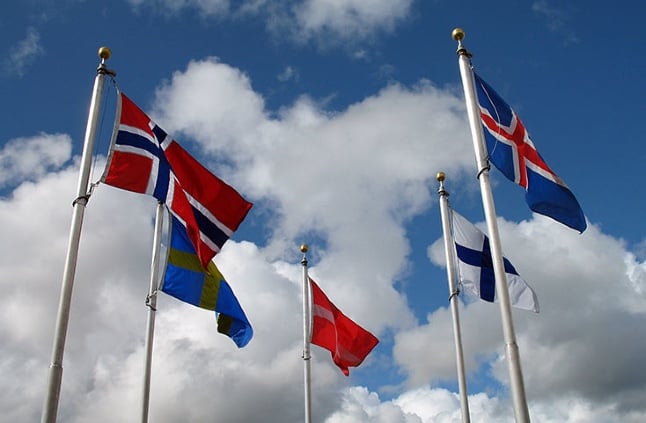The report states that all the economies of the Nordic countries have performed better than the rest of Europe – and that Sweden tops the list.
“The Nordic economies have weathered the Covid crisis comparatively well, and if our above-consensus forecasts for GDP growth this year prove accurate, the region will see some of the smallest falls in output in the whole of Europe.
“We forecast output in Denmark and Norway to fall by about 3% this year, and while Sweden has not been unscathed, despite its light-touch lockdown, the fact that the economy grew in Q1 sets the stage for an even smaller contraction.”

Norway is expecting a 3.5 percent drop and Denmark a 4.1 percent drop, according to their respective central banks.
In more bad news this week the Swedish unemployment rate jumped to its highest level since 1998 in June, at nearly 10 percent, due to the economic fallout from the novel coronavirus, Statistics Sweden said.
The seasonally-adjusted unemployment rate among 16 to 64-year-olds, the statistics agency's longest-running series, reached 9.4 percent last month, surpassing the nine percent peak in early 2010 in the wake of the financial crisis.
A poll of economists by Reuters news agency concluded Denmark, Norway and Sweden face among their worst economic downturns on record this year due to the COVID-19 pandemic, but will largely recover the lost ground in 2021.
Sweden is predicted to grow 3.9% next year, Norway 4.0% and Denmark 3.8%, the report said, although job growth looks slow, with the forecasts showing only minor falls in unemployment between 2020 and 2021.
Robert Bergqvist, chief economist at SEB bank warned predictions for 2021 were “surrounded by great uncertainty”, with much dependant on how other parts of the world fared and whether there was a second wave of coronavirus infections.



 Please whitelist us to continue reading.
Please whitelist us to continue reading.
Member comments